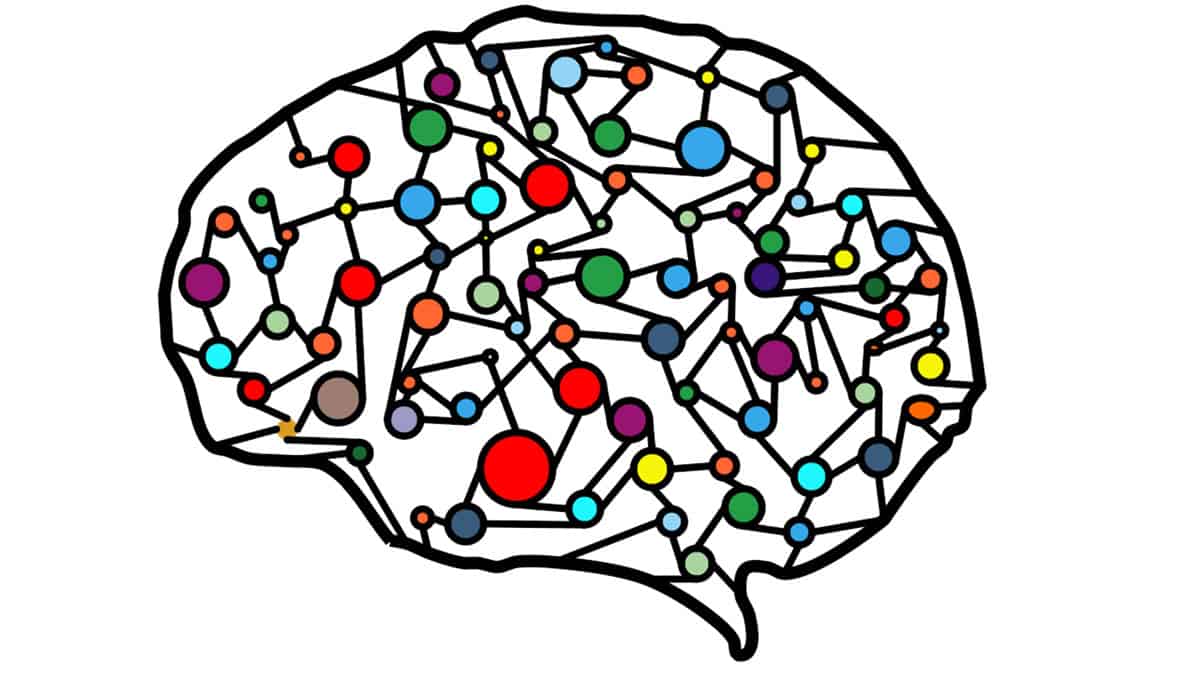By Joseph Miller | May 24, 2019
“The human brain is the last and greatest scientific frontier.” -Joel Davis
We often think that a large brain correlates with high intelligence. But, we should think again because many mammals have larger brains than humans!
Whales, dolphins and elephants have larger brains than people. This is partly because they require more neurons to control their larger muscles and organs. But, relative to our body mass, the human brain is larger. Our brain is 1/40th of our body mass while a dolphin brain is 1/80th and an elephant’s 1/600th. Yet, the shrew has a brain-to-body-size ratio of 1/10th!
In humans, the numerical relationship between brain size and intelligence has been difficult to pin down. However, measurements of brain anatomy through MRI research are giving insights. MRI imaging of healthy individuals have shown that brain volume accounts for between 9 and 15 percent of overall variability in general intelligence. Whether large brains cause high intelligence or both are caused by other factors is still a mystery.
The challenge for scientists has been knowing what within the brain to measure. Simply measuring the cranial capacity —volume within the skull—is an outdated standard because much of the cranium is filled with cerebral spinal fluid. A better indicator for braininess appears to be gray matter, which makes up 40% of our brain. This is because gray matter contains neurons.
Our neurons are densely packed in the gray matter layers of the outer surface of the brain. Humans have intricately folded brains with many ridges and grooves. The brains of mice, however, are smooth. The amount of folding can double the surface area and double the number of neurons in the brain. The surface area of an unfolded human brain is about 1500 to 2000 sq. cm. A shrew brain unfolds to 0.8 sq. cm.
A key to measuring brain power is the number of neurons. Adult humans have an estimated 100 billion neurons. Ten to fifty percent of the cells in the human brain are neurons, the most of any animal except elephants and whales.
The most important factor determining braininess is the number of connections between neurons and other cells. Neurons make connections to other neurons through synapses. These are like bridges over which one neuron sends signaling neurotransmitters to other neurons.
The density of synapses highly correlates with intelligence. The number of synapses on one neuron can be as high as 7,000. This means that a neuron can provide or receive input to or from 7,000 different neurons. With 100 billion neurons, the total number of synapses are about 100 trillion in one human brain! For comparison, mouse brains have 71 million neurons and 1 trillion synapses.
Based on what we know from scripture, we shouldn’t be surprised to find that people are far more complex than animals. We bear the image of our Creator. Our unique ability to create simply for the fun of it, experience emotions, and have relationships are qualities we share with our Creator.
Although we live in a troubled world, our amazing brain is a living reminder of God’s love toward us. People are the most precious of God’s creation. We owe all the glory and praise we receive to our Maker. After all, what would we do without a brain?
_ _ _ _ _
1. Christof Koch. Does Brain Size Matter? Scientific American, Jan. 1, 2016. https://www.scientificamerican.com/article/does-brain-size-matter1/
2. Dr. David A. DeWitt. Is a Bigger Brain Better? Answers magazine, Vol. 14, No. 3, 2019, pp. 28-30.
3. The Bible, Genesis 1:27.
Share:
